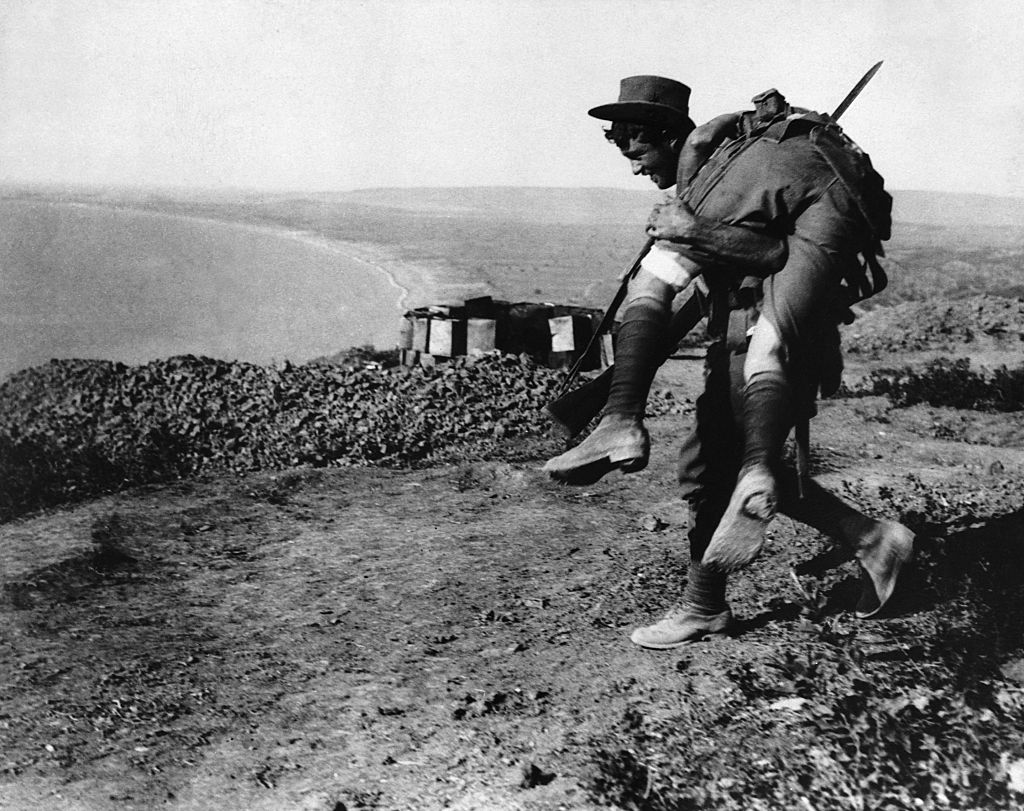The Australian way of war

In a span of nearly 90 years—from 1914 to 2003—Australia chose to go to war nine times.
In the 100 years from 1914, Australian military personnel were on active service for nearly half the time—47 years.
Finding that frequency ‘startling’, one of the greats of Australian military history, David Horner, an emeritus professor in the Strategic and Defence Studies Centre at the Australian National University, has penned a book on how and why Australia keeps going to war.
The war game: Australian war leadership from Gallipoli to Iraq starts with a quote from Jonathan Swift: ‘War! That mad game the world so loves to play.’ Then Horner examines the deadly way Australia plays: ‘Warfare certainly has elements of a game: there are two, sometimes several opponents; there are rules, although these are sometimes broken; there are winners and losers; and it becomes addictive.’
What explains the addiction? Why did a nation with its own continent—‘largely remote from countries that might pose a major threat’—go out to fight?
Horner seeks the themes in the nine conflicts: the First and Second World Wars, the Korean War, the Malayan Emergency, the Indonesian Confrontation (when Indonesia sought to prevent the formation of the new nation of Malaysia), the Vietnam War, the Gulf War, the Afghanistan War and the Iraq War.
He offers this judgement about the constants that connect the fights:
Australia has always gone to war as a junior partner in an allied coalition. Its leaders have had little scope to influence allied strategy and their decisions have been unlikely to affect the outcome of the war. The main decisions of Australia’s leaders have been whether Australia should go to war, and the level of commitment to the war.
One big change after World War II is that Australia fights not to decide a war, but to buttress an alliance.
The purpose is to get credit without too many casualties. In the seven conflicts since 1945, Australia’s eyes were on political ends. Our weight was not decisive, since the level of our military commitment was not critical to victory.
Alliance politics shape and drive Australian strategy. The war decision is a culmination, not the start. What Australia did in Vietnam echoes in Iraq and Afghanistan.
‘Like the commitment in Vietnam,’ Horner notes, ‘Australia’s military involvement in the Middle East had grown over the previous dozen years to a point that made it difficult to avoid continuing once the Americans sought further assistance.’
The lesson to draw from Iraq, he writes, is that ‘the US process for going to war was deeply flawed and Australia would be wise to treat any US plan for war with deep suspicion; and Australia should not smugly assume that it might not engage in the same faulty process in the future’.
The calculations in Australia’s war game involve a ruthless realism.
Our leaders sent the military off to what became the failures of Vietnam, Afghanistan and Iraq. Australia’s military performed well, as failure took a long time to arrive. The alliance prospered.
The voters of Australia have often blessed the alliance politics of their leaders. The commitments are embraced. The failures are regretted and the losses mourned, but the game is repeated.
Here’s my interview with David Horner on Australia’s way of war.
